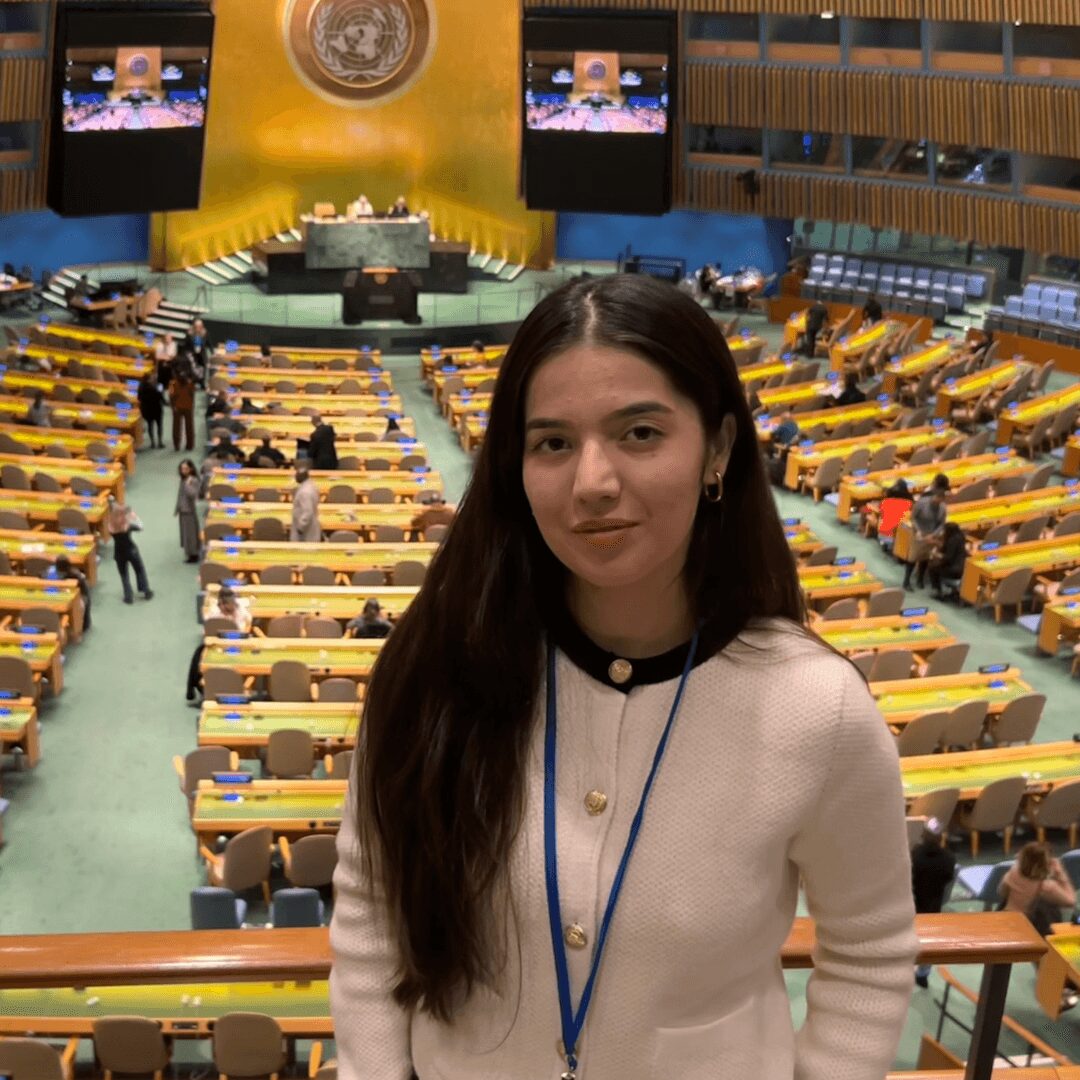We recently connected with Muzhda Akbari and have shared our conversation below.
Muzhda, thanks so much for taking the time to share your insights and lessons with us today. We’re particularly interested in hearing about how you became such a resilient person. Where do you get your resilience from?
Resilience is my favorite word; it gives me a warm feeling, even though it reminds me I might sometimes be scared. Throughout my life, many experiences have pushed me to become more resilient and to overcome challenges. The most significant factor in this journey was growing up in Afghanistan, where I faced limitations, fear, war, and more on a daily basis. I learned from a young age that resilience was essential for imagining a better life for myself and for those around me.
I discovered, however, that resilience doesn’t mean being free from fear or doubt. Instead, it means finding strength despite them. Even when I was doubtful and scared, I learned that I could still be resilient. I realized that my voice, and the magnitude of my story, held power—and this is what fuels my resilience.
I was 13 years old in Afghanistan when my childhood best friend was forced into a child marriage. This shocking experience marked the beginning of my advocacy journey. I started speaking out for girls’ rights to education and against child marriage in my school and community. The more I advocated, the more resilient I became.
Then, on August 15, 2021, Afghanistan was taken over by the Taliban, and we became refugees in Pakistan. I lost my country, my school, my friends, and so much more. As a refugee, I couldn’t attend school due to a lack of documentation. But once again, I was reminded that resilience was my path forward. I used the few opportunities I had to learn and advocate. I organized events, protested, learned coding, taught coding, and remained true to my story, knowing that hope and possibilities still lay ahead.
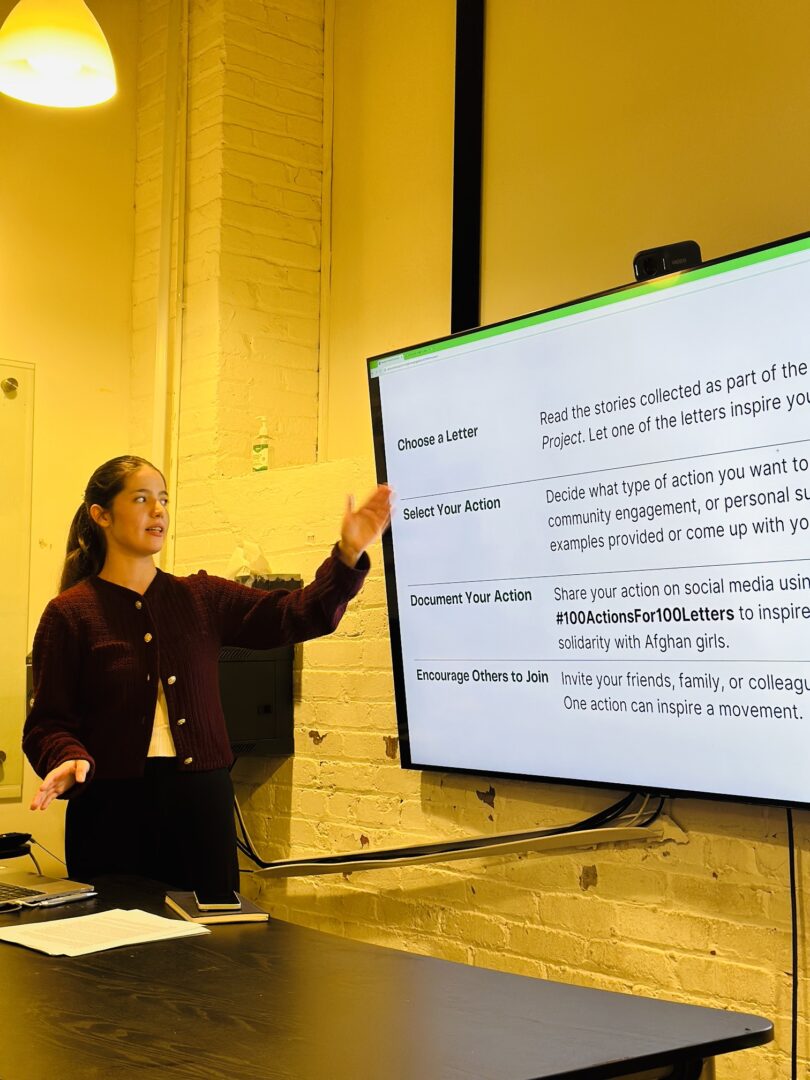
Thanks, so before we move on maybe you can share a bit more about yourself?
I am a youth advocate, a voice for Afghan girls denied access to education, and a passionate leader of several initiatives focused on creating opportunities for young refugees and marginalized communities. My journey in advocacy began at a young age, motivated by the firsthand impact of seeing friends and family face barriers simply for being girls in Afghanistan. I took these experiences as a call to action, starting small with public speaking and educational initiatives, and my path has expanded in ways I hadn’t imagined.
Currently, I lead a project called CodeGreenAfg, a platform that provides Afghan girls with opportunities to learn digital skills. This program came from my own journey of using online resources to learn when formal education was inaccessible. I remember the sense of empowerment I felt as I developed new skills and realized I could share that same empowerment with others. Through CodeGreenAfg, we have reached hundreds of Afghan girls, distributed thousands of educational resources, and even set up a library, all while championing girls’ rights to quality education.
What excites me most about this work is the resilience and passion of the girls and young women I connect with. Despite enormous challenges, they bring hope and an eagerness to learn. This journey has also led me to organize events in Canada, such as Education as a Priority, where I collaborate with advocacy organizations and youth activists to raise awareness and funds for girls’ education.
Some upcoming events and expansions are especially exciting for me. I am helping Afghan girls share their stories through letters under our Dear World Project, as we have gathered around 100 letters from girls in Afghanistan to share their experiences and hope with the world, with the mission of shedding light on their lived experiences. We’ll be launching these letters as a book very soon.
Each step I take is deeply rooted in the vision of a world where education is a right, not a privilege, and where every girl can reach her full potential. As I look toward future goals, including university and potentially a career in law, I’m committed to scaling these initiatives and working tirelessly to advocate for youth and refugee rights on an even broader platform.
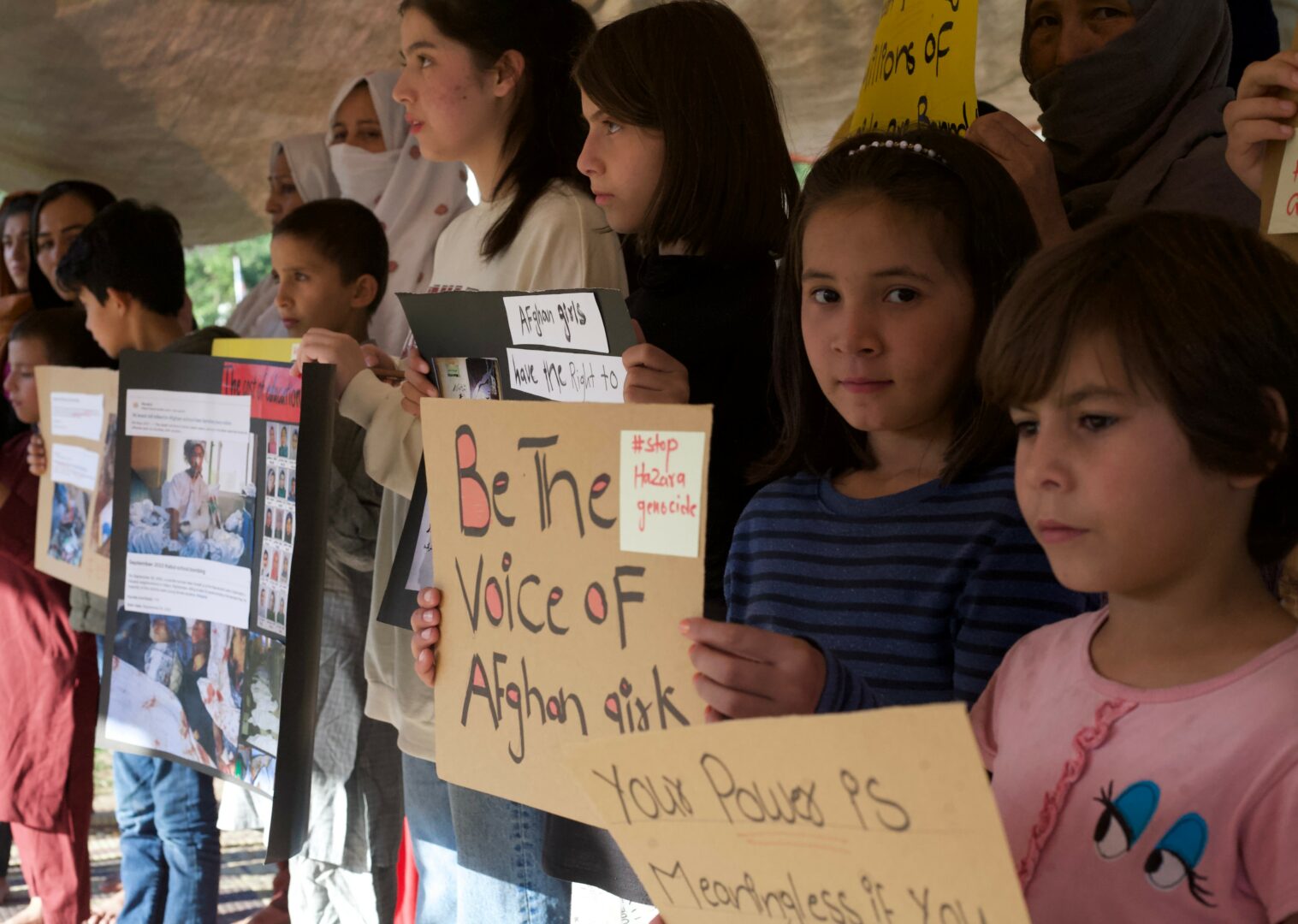
Looking back, what do you think were the three qualities, skills, or areas of knowledge that were most impactful in your journey? What advice do you have for folks who are early in their journey in terms of how they can best develop or improve on these?
Reflecting on my journey, three qualities have significantly shaped my path: confidence, resilience, and adaptability. Believing in the importance of my voice was essential. I discovered that sharing my story and standing up for my beliefs could inspire others and drive change. To newcomers, I advise embracing your voice; your perspective and experiences are uniquely valuable. Even if you feel small or inexperienced, trust that your words and actions can make a difference. Start speaking up in small ways, and let your confidence grow over time.
Resilience has been vital in overcoming obstacles, particularly during challenging times. Life can be daunting, but resilience provides the strength to keep moving forward despite fear or doubt. To build resilience, push yourself to take small risks and persist when faced with overwhelming situations. Over time, you’ll find it easier to navigate challenges while maintaining focus on your goals.
Moreover, adapting quickly to constant change and making the most of limited resources has been crucial. This resourcefulness allowed me to continue learning and advocating, even when formal opportunities were scarce. For those at the beginning of their journey, practice being open to new experiences and seek ways to turn challenges into opportunities. Embrace learning new skills, even outside your comfort zone, and find creative solutions to setbacks. Each of these skills—believing in your voice, staying resilient, and adapting resourcefully—will empower you on your journey and help you make a meaningful impact, no matter where you start.
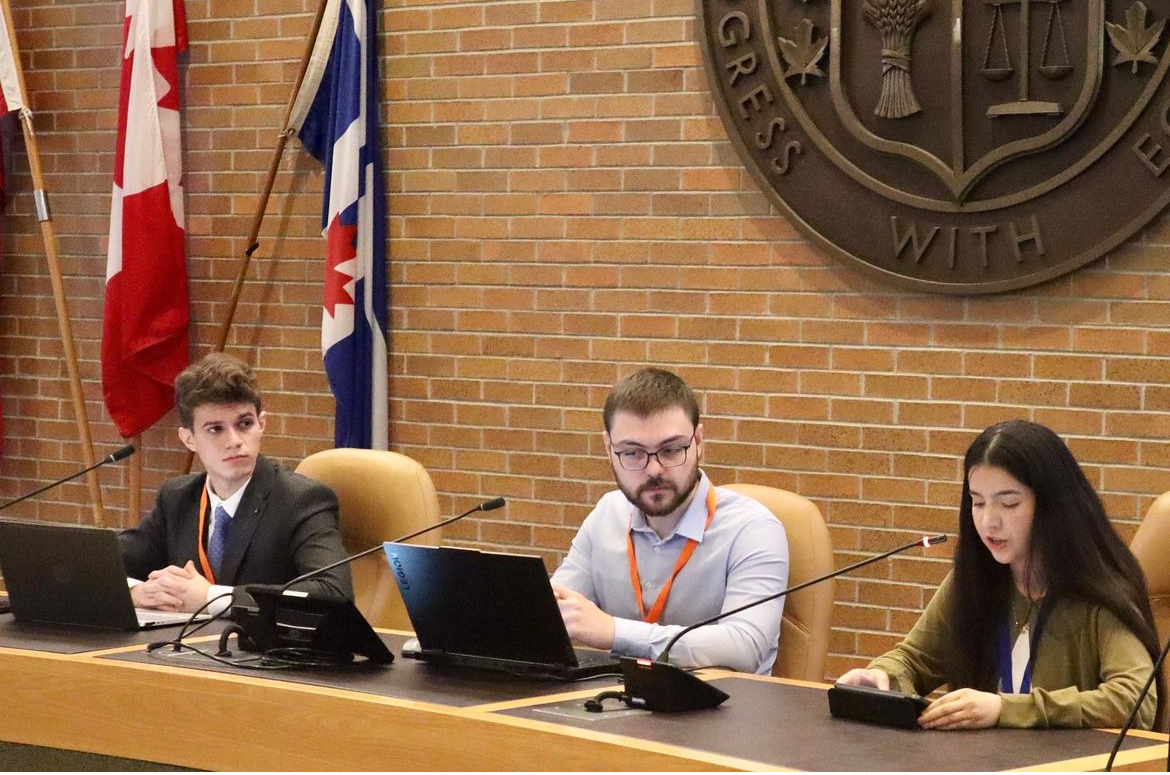
What has been your biggest area of growth or improvement in the past 12 months?
In the past 12 months, marking my second year here in Canada, I’d say the biggest area of growth for me has been my network and the people I’ve met. I’ve connected with an inspiring range of individuals, from government ministers, founders, and activists, to those who genuinely care about the causes I’m passionate about. This year, I committed to joining various programs and initiatives that align with my goals. I attended the United Nations’ Commission on the Status of Women, joined UNICEF Canada’s Youth Advocacy Program, became a member of the Youth Advisory Board of the Aga Khan Foundation, and also joined OCIC’s Youth Policy Makers Hub. I see these connections as invaluable resources for my future work and for the impact I hope to continue making.
Contact Info:
- Instagram: https://www.instagram.com/muzhda_akbari_/
- Linkedin: https://ca.linkedin.com/in/muzhda-akbari-b5b7bb1a7
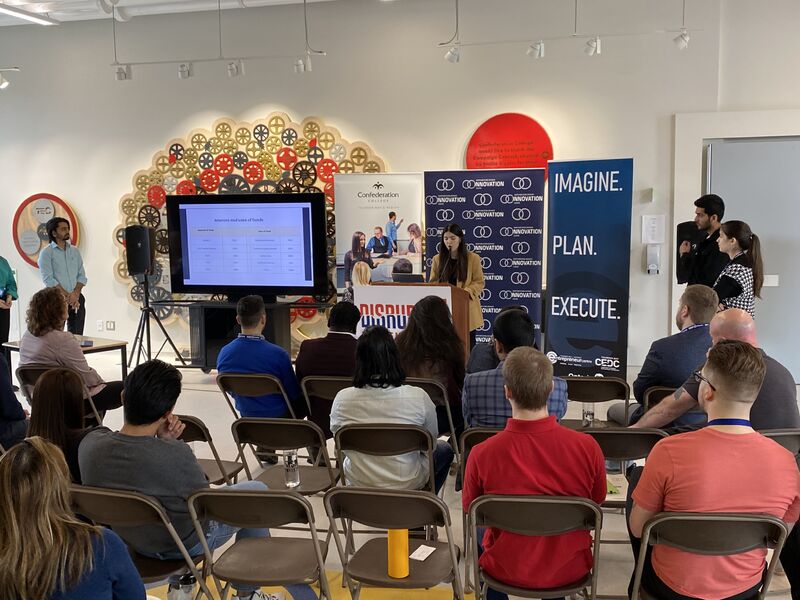
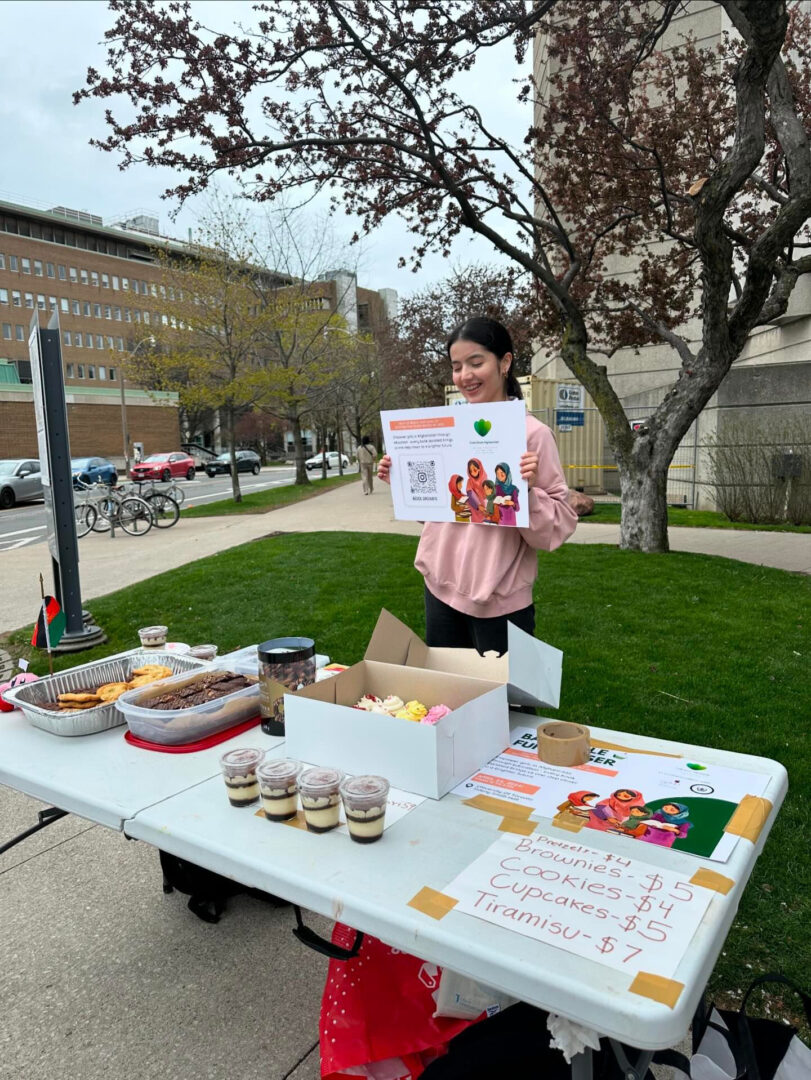
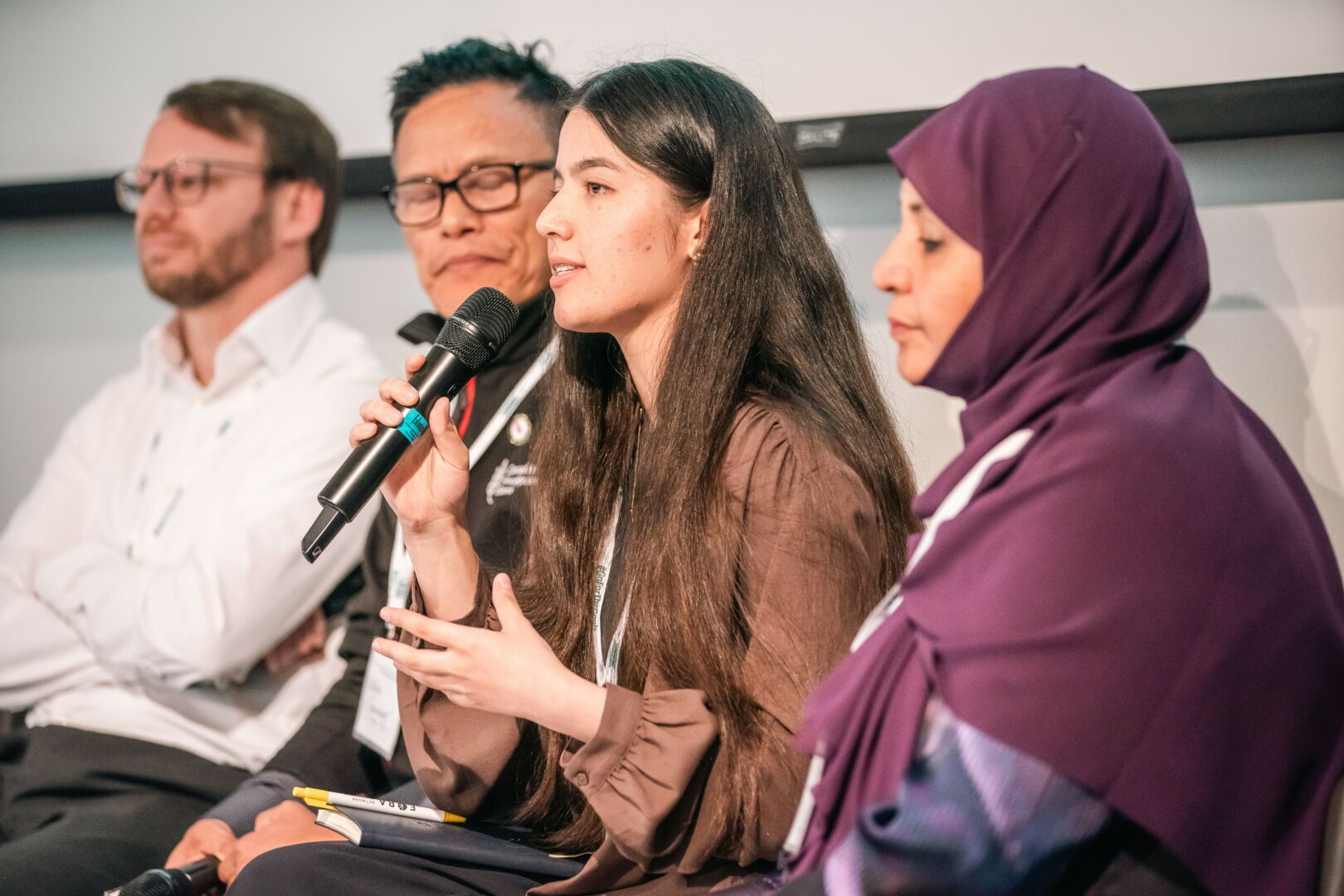
Image Credits
Image #3: CCCD. Image#6: OCIC
so if you or someone you know deserves recognition please let us know here.

